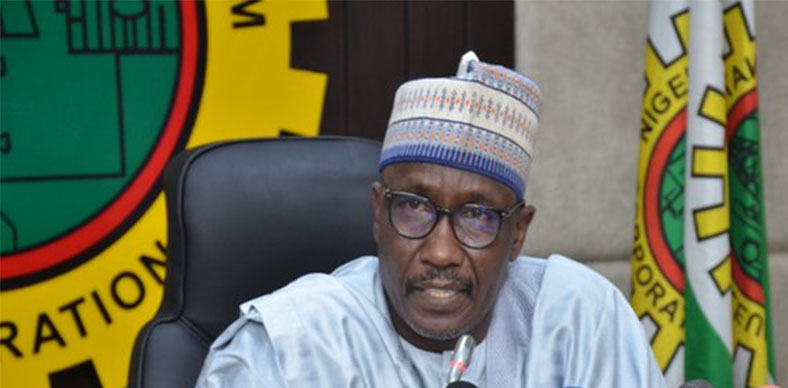“F9 in English, Fail in Maths”: Anambra APC Candidate Ukachukwu’s 1986 GCE Result Surfaces Online, Sparking Questions About Competence
A controversy has resurfaced online after a school-leaving examination result reportedly linked to Nicholas Ukachukwu—the All Progressives Congress (APC) candidate in the upcoming Anambra governorship race—emerged on social media. The document, said to be Ukachukwu’s May/June 1986 General Certificate of Education (GCE) result from Dennis Memorial Grammar School in Onitsha, reportedly shows that he failed three core subjects, including English Language and Mathematics.
The claim was shared by human rights activist and lawyer Prof. Chidi Odunkalu on his X (Twitter) account. According to the posted document, Ukachukwu—also known by the nickname “Ikukuoma”—scored an F9 in English Language, failed Mathematics, and failed Economics. He reportedly passed Igbo Language, Bible Knowledge, Biology, and Commerce, with a single credit in Chemistry.
Reaction to the alleged results has been swift and polarized on social media. Critics have questioned the APC’s vetting standards and raised broader concerns about transparency in Nigeria’s political qualification processes.
At this time, Ukachukwu has not publicly confirmed or denied the authenticity of the 1986 GCE result. The controversy has nonetheless intensified ongoing debates about how academic records are vetted and disclosed in Nigerian politics.
- INEC (the Independent National Electoral Commission) has long published candidates’ academic records for public scrutiny in line with the Electoral Act. However, no formal challenge to Ukachukwu’s credentials had been filed up to this reporting.
- The episode echoes earlier scrutiny of high-profile politicians’ academic histories, including the controversy surrounding President Bola Tinubu’s Chicago State University records during the 2023 presidential election.
- Nasir El-Rufai, the former Kaduna State governor who later defected from the APC, acknowledged in a BBC interview that political leaders were aware of perceived discrepancies but chose to support Tinubu at the time, hoping for national replication of Lagos successes. He later reflected that, despite doubts, the decision did not pan out as hoped.
What this means going forward:
- The integrity of academic records remains a live issue in Nigerian politics. How parties, voters, and regulators handle such disclosures can influence public trust and electoral outcomes.
- As more information becomes available, it will be important to verify the authenticity of the document and understand its provenance, context, and the standards used to interpret older examination results.



